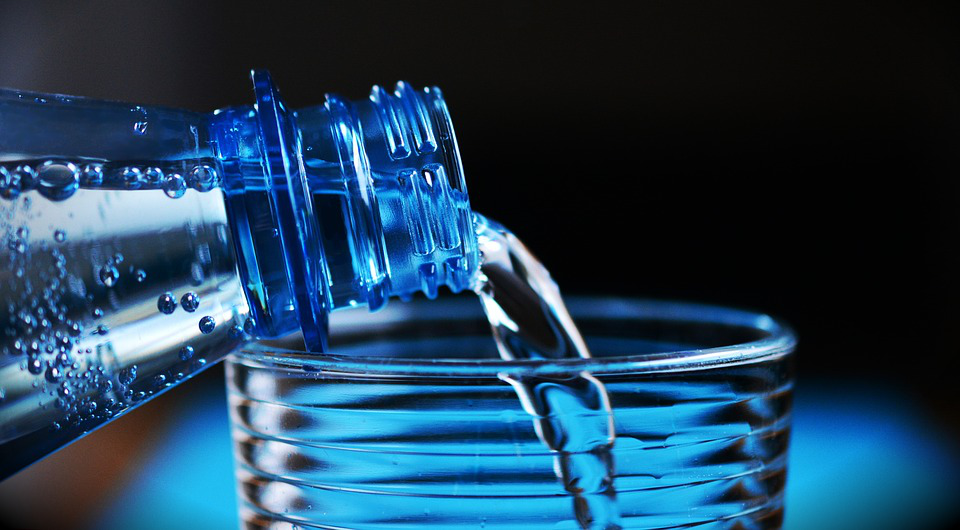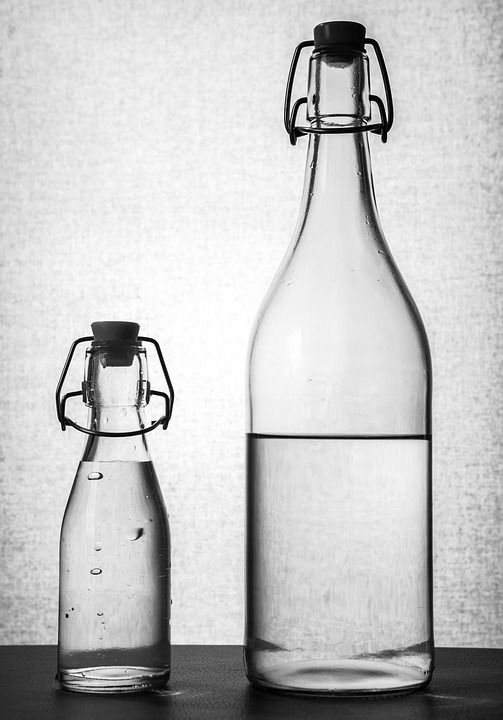Find Out if Your Tap Water is Safe for Drinking!
Safe drinking water is a basic human need. So it’s heartbreaking that millions of US citizens don’t have access to clean drinking water. Unclean and unsafe water has been associated with 7,000 deaths every year, according to a report by the CDC. The presence of pathogens in water sources was so prevalent in 2017 that over 400,000 patients sought medical care for water-borne diseases.
Most of us rush to the fridge after a long day at work and don’t give much thought to where our water is coming from. But microorganisms can be anywhere and everywhere. So the sooner you make sure your water supply is safe, the better.
Here’s how you can find out if your water is safe or not:
Check for cloudiness
Our eyes see the water well before we taste it. Always take a good look at its appearance and see if it’s cloudy. Water usually appears cloudy due to air bubbles present in the pipes. This happens when water passes through the pipes under high pressure. If you observe this, the water is mostly harmless.
But in some cases, cloudy water could also indicate the presence of pathogens and contaminants. If the cloudy appearance is because of air bubbles, it usually clears up after a while. However, if the water continues appearing milky, call your plumber and get the pipes inspected.
Color of the water
If you use a boiler or a water heater, the water might appear to be a reddish-brown color. This is either because the base of the tank or the pipes has corroded. According to the CDC, plastic pipes are less susceptible to corroding. On the other hand, if your pipes are made of galvanized steel or iron, you need to be careful.
If the corrosives are water-soluble, it might put the safety of your family at risk. This is because they reduce the pH of the water and make it slightly more acidic.
This is why you must get your water heater tanks and pipes frequently inspected and repaired.
Look for traces of hard water
Hard water isn’t necessarily toxic, but it can be a great source of annoyance. Water is ‘hard’ if it contains excessive amounts of magnesium and calcium dissolved in it. This is quite a nuisance because it makes your hair frizzier and reduces how much lather your soap generates. You’ll see your soap and detergent harden up sooner than usual as well. You also might find it hard to rinse your hair after shampooing.
In this case, water softeners are a godsend. They not only purify your water and make it safer to drink but also have special resin ions that extract out excess calcium and magnesium.
Pro Serve Plumbing is your one-stop solution for all water purification equipment including water purifiers and water softeners. Drop us a message online and our expert plumbers will be there to install or repair them—given you’re based in Fort Worth.


